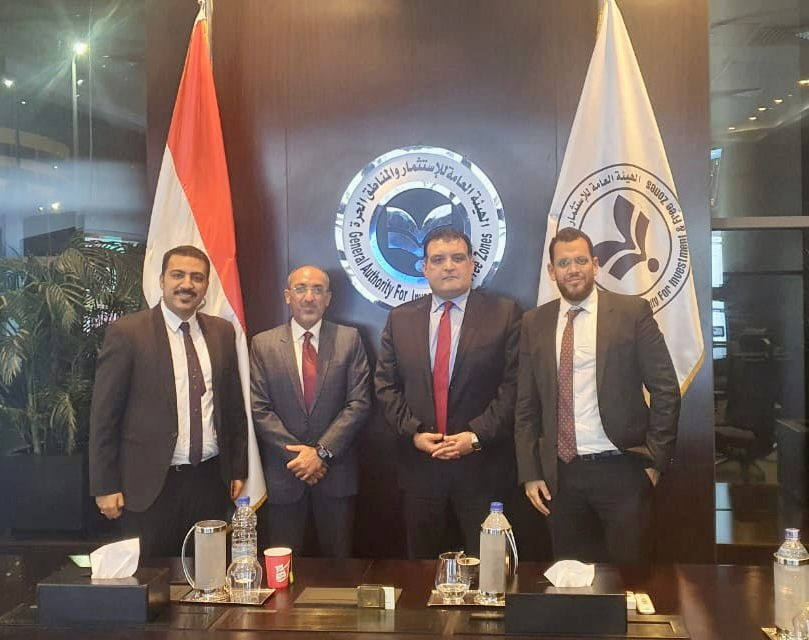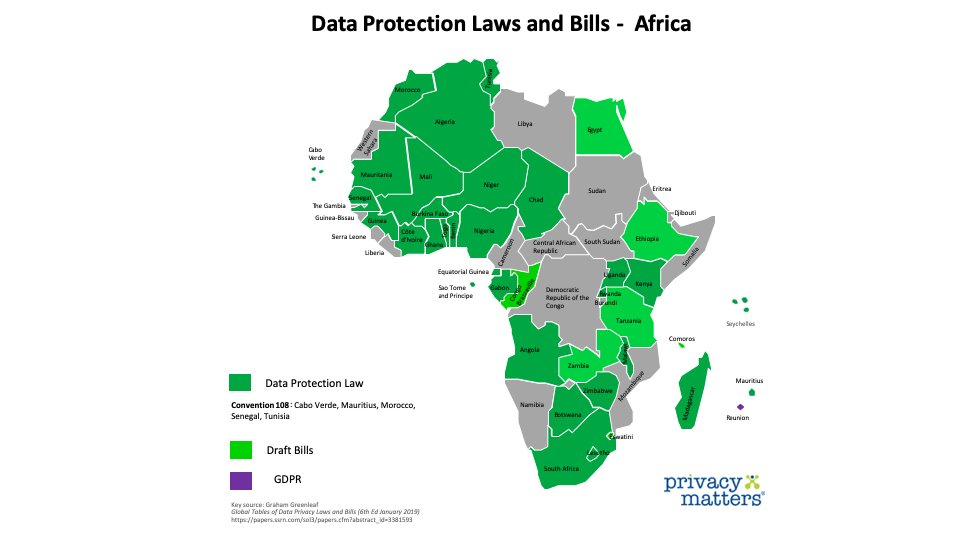Leading Cybersecurity Firm, Softline, Pours More Investments Into Egyptian Market
Softline, a major provider of digital transformation, cloud, and cybersecurity services, has announced plans to expand its operations and investments in Egypt. The company recently met with officials from various government agencies and departments, including the Ministry of Communications and Information, the General Authority for Investments, and the Information Technology Industry Development Agency (ITIDA).
“It was an honour to meet with officials and decision makers in Egypt, which is making a great leap forward in terms of its digital transformation and IT. Today we are looking forward to expanding our business in the Middle East by increasing our investments in Egypt, which will also serve as a hub for our business in the region,” Engineer Ahmed Nabil, the managing director of Softline Egypt said.

Softline’s projected investments over the next three years, as the firm attempts to consolidate its position and investments in Egypt, were discussed during these discussions by representatives from the company and the government. They also talked about how they might work together to promote Egypt’s national digital transformation plan, which involves a variety of organizations and industries.
Read also Nigerian Community-based Fintech Startup, Herconomy, Raises $600k Pre-seed Round
The talks also discussed the company’s plans and strategy for hiring new engineering graduates from Egyptian institutions, particularly technology colleges, as well as providing ongoing support through training.
The meetings were attended by Roy Harding, President of Softline International; Atul Ahuja, Softline Senior Vice President for Middle East, Africa and Asia; Engineer Ahmed Nabil, Managing Director of Softline Egypt; and Mohamed Khattab, director of government and education sector at Softline Egypt.
“These meetings have given us a very clear sense of how Softline can support the public and private sectors, and we’re excited to be playing a part in realizing Egypt’s vision for overhauling its digital infrastructure over the next decade,” Roy Harding, Softline International’s President said.
“At Softline Egypt, we feel we are at the right time and right place. Softline’s global experience in offering solutions and services for emerging economies would be just right for the growth and transformation Egypt as a country is experiencing,” Atul Ahuja, Softline Senior Vice President for Middle East, Africa and Asia, said.
Nabil, asserted that the stable economic situation in Egypt and the continued improvement of the investment environment in Egypt “gives us a confident push to increase our investments in Egypt and support Egypt’s national agenda and the long-term strategic plan of the state to achieve the principles and goals of the sustainable development in all sectors according to Egypt 2030 vision”.
Read also IATF2021 Ends With Great Expectations for African Businesses
Softline, based in London, is a major global provider of digital transformation and cybersecurity solutions and services. The company connects over 150,000 enterprise companies across a wide range of industries with over 6,000 best-in-class IT providers, as well as providing its own services and patented solutions, to allow, facilitate, and accelerate their digital transformation.
The company is present in over 50 countries and in around 95 global cities., with substantial development potential in markets such as Asia, Latin America, Eastern Europe, and Africa.
Softline has grown from its inception to a revenue of US$ 1.8 billion in fiscal year 2020, making it one of the fastest-growing companies in the industry. The company successfully completed an initial public offering of its depositary receipts on the London and Moscow stock markets in October 2021.
Softline investments Egypt
Charles Rapulu Udoh

Charles Rapulu Udoh is a Lagos-based lawyer who has advised startups across Africa on issues such as startup funding (Venture Capital, Debt financing, private equity, angel investing etc), taxation, strategies, etc. He also has special focus on the protection of business or brands’ intellectual property rights ( such as trademark, patent or design) across Africa and other foreign jurisdictions.
He is well versed on issues of ESG (sustainability), media and entertainment law, corporate finance and governance.
He is also an award-winning writer





